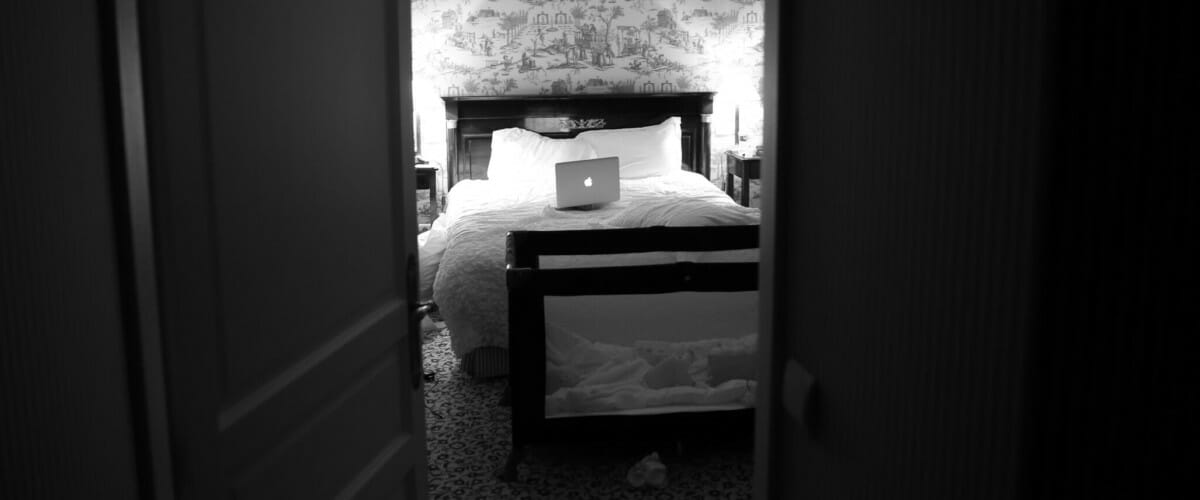Have you ever found yourself asking “How could they choose to do such a thing, don’t they know better?” The innate assumption here is that knowledge informs our volition and that volition ignites our actions – thereby suggesting that modifying our behavior begins with choosing to know the right things. Which seems like a simple enough linear explanation, until you realize – how could you ever hope to recognize what was right, in order to make that choice? In other words – what knowing would inform that choice? Which is why I think this is precisely where we misunderstand how volition works – it isn’t catalyzed by what we know . . . but rather, by what we desire.
It likely doesn’t surprise you to find out that what you desire most would turn out to be the engine of your will – because it makes absolute sense. But it does beg the question – are our desires merely capricious, promiscuously susceptible to the passions of any given moment? Or do our desires reflect who we imagine ourselves to be, in a world we imagine we understand? I would argue that the way we define ourselves is the cultivated soil best suited for germinating our desires. So conversely, it could be said, that what you desire most, becomes a window in on how you’ve come to define yourself.
We see this most clearly played out in the life of someone who struggles with a conspicuous addiction – as they have obviously allowed what they desire most to define everything else about their lives. We can see who they’ve chosen to be because their actions have exposed their desire. But does that mean we should understand our actions as a binary indicator of our desires? Or is it more likely that we all live lives of conflicted desires – exposing the fact that we are unclear as to exactly who we think we are? Does not the Apostle Paul seem to be rehearsing out loud this very conflict in Romans 7:18-25.. . a palpable conflict struggled with daily.
I am both omnivores in my diet, and heterosexual in my sexuality, but I hardly ever think of myself as such, as a way of self-identifying – because those desires are largely inconsequential to how I define myself. As a matter of proportion — if I allow these desires to become disproportionate, then they begin to skew my understanding of myself, distorting my will, and contaminating every choice I make. We do best to remember that we were created to desire God above all else — but as St Augustine correctly observes, our fallen state has disordered our relationship to desire to the point where every other desire we have actively seeks to displace what only God can satisfy. Which is why we can so often experience our will as promiscuously set adrift.
Some might suggest that this is a simple matter of mortifying the flesh as if having conflicted desires were nothing more than a lack of willpower – but this seems to ignore that our volition can only act upon desire. But thankfully, Paul reminds us of who we are in Christ — “for it is God who works in you, both to will and to work for his good pleasure.” ~ Philippians 2:13. So we are not only empowered by God to do what pleases him most, but our will is being empowered, as well. For he is ever at work in us, drawing us to himself – ontologically, he is recalibrating us to the default settings of Eden . . . to be at peace with him. To be sure, this doesn’t make our experience of conflicted desire go away – but like the North Star, it clearly points us to the desire that best defines us as the beloved of God. . . where all other desires are being brought into submission to authentically want most what God is changing within us.
. . . then let your confession be — take my life.




















Comments are closed.